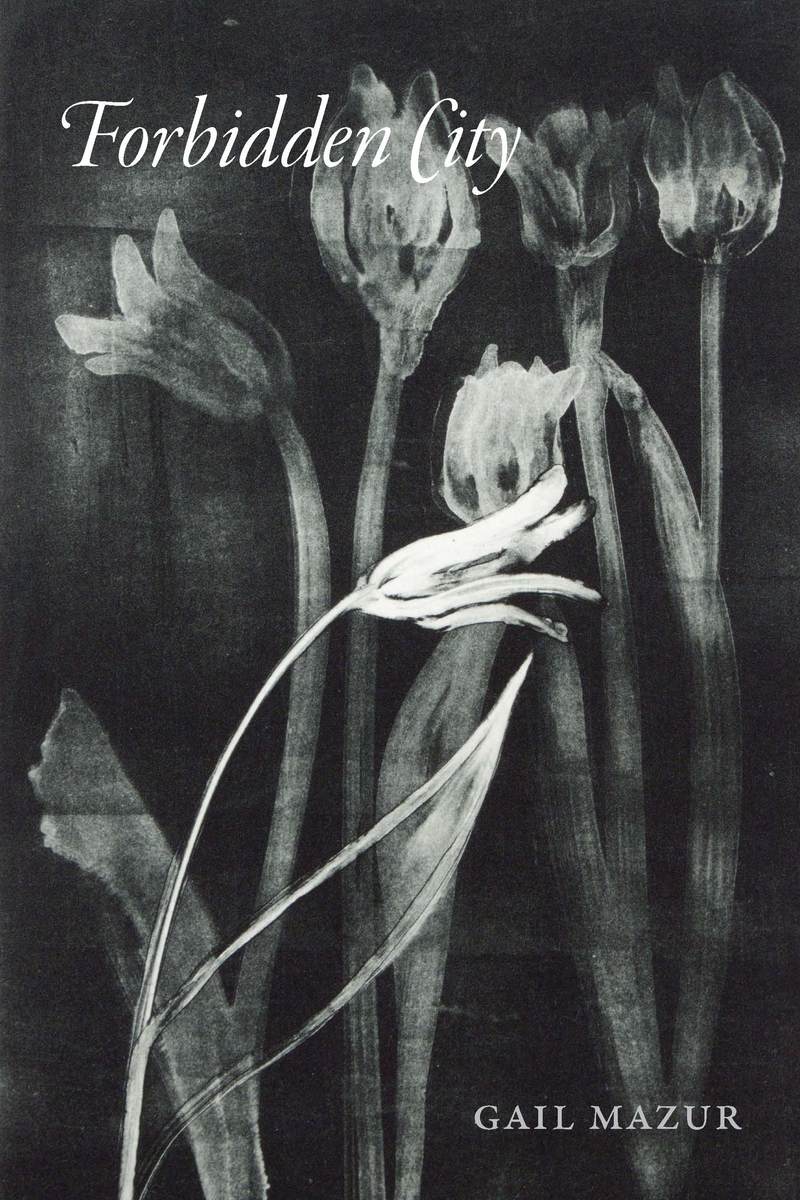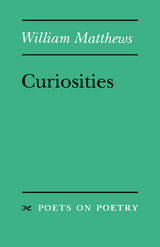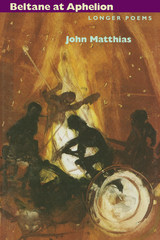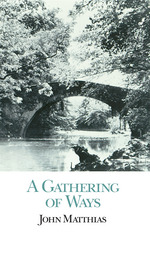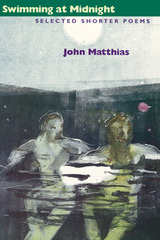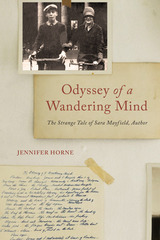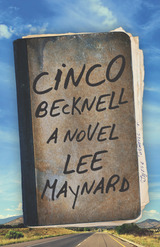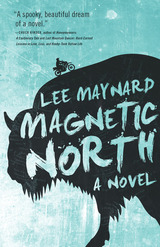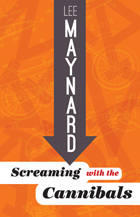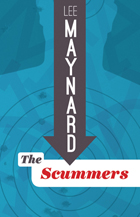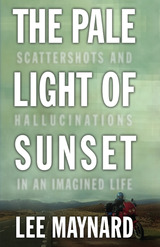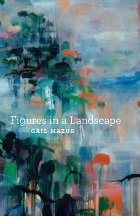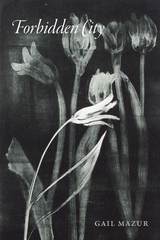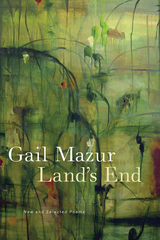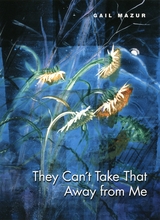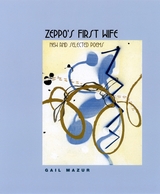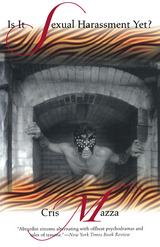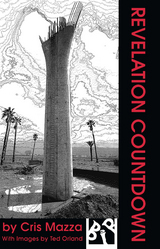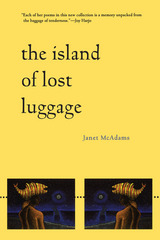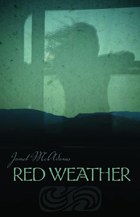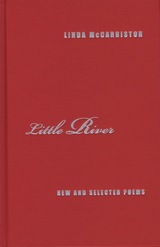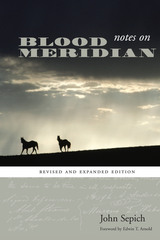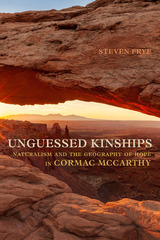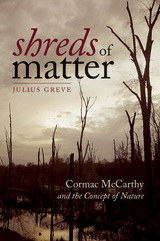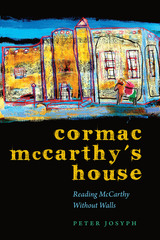Forbidden City
University of Chicago Press, 2016
Paper: 978-0-226-34956-5 | eISBN: 978-0-226-34973-2
Library of Congress Classification PS3563.A987F67 2016
Dewey Decimal Classification 811.54
Paper: 978-0-226-34956-5 | eISBN: 978-0-226-34973-2
Library of Congress Classification PS3563.A987F67 2016
Dewey Decimal Classification 811.54
ABOUT THIS BOOK | AUTHOR BIOGRAPHY | REVIEWS | TOC | REQUEST ACCESSIBLE FILE
ABOUT THIS BOOK
from “Mount Fuji”
A draughtsman’s draughtsman, Hokusai at 70
thought he’d begun to grasp the structures
of birds and beasts, insects and fish, of the way
plants grow, hoped that by 90 he’d have
penetrated to their essential nature.
And more, by 100, I will have reached the stage
where every dot, every mark I make will be
alive. You always loved that resolve, you’d repeat
joyfully—Hokusai’s utterance of faith
in work’s possibilities, its reward, that,
at 130, he’d perhaps have learned to draw.
Gail Mazur’s poems in Forbidden City build an engaging meditative structure upon the elements of mortality and art, eloquently contemplating the relationship of art and life—and the dynamic possibilities of each in combination. At the collection’s heart is the poet’s long marriage to the artist Michael Mazur (1935–2009). A fascinating range of tone infuses the book—grieving, but clear-eyed rather than lugubrious, sometimes whimsical, even comical, and often exuberant. The note of pleasure, as in an old tradition enriched by transience, runs through the work, even in the final poem, “Grief,” where “our ravenous hold on the world” is a powerful central element.
A draughtsman’s draughtsman, Hokusai at 70
thought he’d begun to grasp the structures
of birds and beasts, insects and fish, of the way
plants grow, hoped that by 90 he’d have
penetrated to their essential nature.
And more, by 100, I will have reached the stage
where every dot, every mark I make will be
alive. You always loved that resolve, you’d repeat
joyfully—Hokusai’s utterance of faith
in work’s possibilities, its reward, that,
at 130, he’d perhaps have learned to draw.
Gail Mazur’s poems in Forbidden City build an engaging meditative structure upon the elements of mortality and art, eloquently contemplating the relationship of art and life—and the dynamic possibilities of each in combination. At the collection’s heart is the poet’s long marriage to the artist Michael Mazur (1935–2009). A fascinating range of tone infuses the book—grieving, but clear-eyed rather than lugubrious, sometimes whimsical, even comical, and often exuberant. The note of pleasure, as in an old tradition enriched by transience, runs through the work, even in the final poem, “Grief,” where “our ravenous hold on the world” is a powerful central element.
See other books on: American | Forbidden City | Mazur, Gail | Poetry
See other titles from University of Chicago Press
